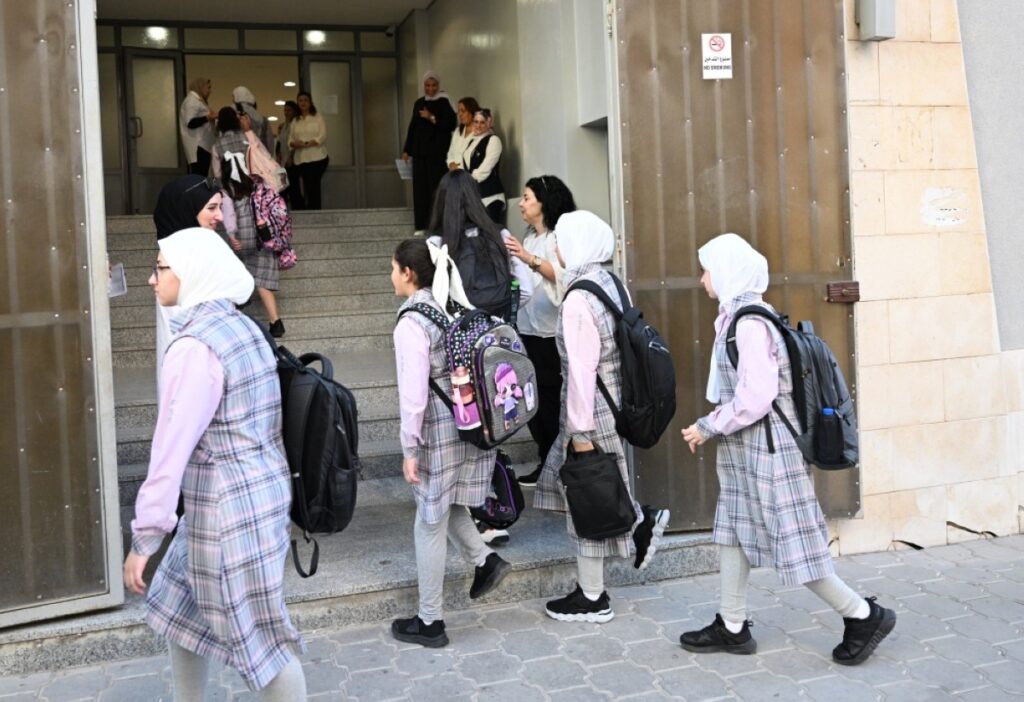KUWAIT: The Ministry of Education announced on Sunday amendments to the elementary school curriculum as part of its ongoing efforts to restructure content and study periods, enhance academic achievement, and create a balanced and stimulating educational environment. A ministry statement explained that the changes include the introduction of a social studies period for grades one to three, with an increased number of periods for grades four and five.
A new Arabic language period has also been added to strengthen reading and writing skills. Additionally, computer science periods have been introduced for early grades to cultivate technology and programming skills, while science and mathematics periods have been expanded to develop analytical and scientific thinking. The duration of each study period has been adjusted from 45 minutes to 40 minutes to optimize learning and classroom activities.
Minister of Education Jalal Al-Tabtabaei congratulated teachers and administrators on the start of the 2025–2026 academic year, praising their vital role in shaping future generations. He emphasized the ministry’s commitment to supporting schools with the necessary resources, including modern classrooms, laboratories, and educational tools, to foster creativity and innovation.
Al-Tabtabaei highlighted intensive preparations over the summer, including the printing and distribution of textbooks, and the comprehensive training of teaching staff to implement the new curricula effectively. Training courses, conducted both in-person and online, cover the philosophy of the new curricula, teaching methodologies, student-centered tools, and modern evaluation techniques.
He stressed that these reforms are aligned with Kuwait’s vision for New Kuwait 2035, aiming to provide students with advanced skills in language, science, and technology while strengthening national identity. The ministry confirmed that around 132,000 teachers and administrators are returning to schools across the country, ready to welcome students and ensure a safe, inspiring, and productive learning environment. The ministry also announced that electronic copies of textbooks will be available to facilitate digital learning and support the ongoing transformation of the educational process, with full textbook delivery expected before the start of the academic year. — KUNA

